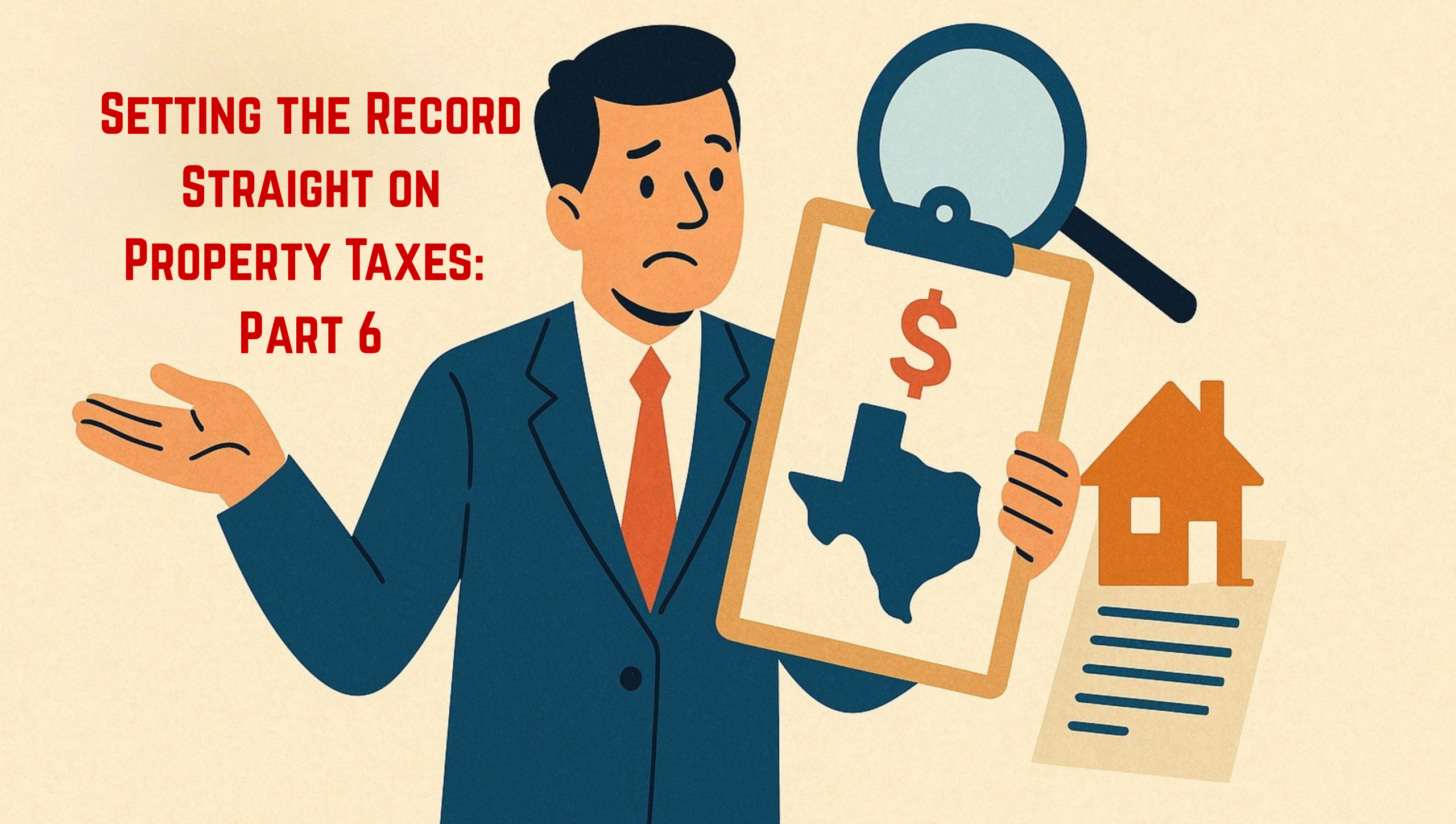Early voting begins next week (February 14 through February 25) for the primary elections where both Democrats and Republicans will choose their candidates for the General Election in November. Primary election season is certainly one of the busiest seasons in Texas politics, but what happens after the primaries have concluded? Contrary to popular belief, it is not just six months of dead time before that of the General Election. One of the most important events occurs during the Summertime of even-numbered years… state party conventions.
Party conventions are events where elected delegates from all over the state craft their respective state party platforms consisting of legislative priorities and policy positions in an effort to instruct both lawmakers and partisan representatives at both the federal and state level as to what their own partisan priorities should be while in elected office. The parties conduct their conventions independently and their platforms differ significantly.
The current Texas Democrat Party platform is a little more simplistic than that of the current Texas Republican platform, but both have lists of legislative and political goals that activists and constituents expect their partisan representatives to pursue.
Here are some examples of policies from both parties from the 2020 conventions:
Democrat Policies:
- Legalize, regulate, and tax cannabis
- Weaponize the Texas Attorney Generals office to stifle free-market business operations
- Fundamentally transform police funding and policy
- Repeal voter ID laws
- Raise min wage to 15 and tie it to inflation
- Force small businesses to provide retirement and healthcare for all workers
- Oppose “free trade” (yes that’s really what it says)
- Mandate labor unions
- Oppose school choice and charter schools
- Mandate LGBTQIA+ agenda in public schools paid for with tax dollars
- Tuition-free community college
- Support the “New Green Deal”
- Subsidize unreliable green energy
Republican Policies:
- Oppose occupational licensing
- Repeal minimum wage
- Oppose regulation of the internet
- Support free trade
- Cut spending and taxation
- Eliminate property taxes
- Ban Taxpayer-funded lobbying
- Ban mask mandates
- Supporting state sovereignty
- Opposing abusive 313 tax abatements for corporations
- Oppose subsidies and corporate welfare
- Welfare reform
We see a clear distinction between the philosophies of limited government and fiscal restraint between the two major parties. The Republican party has recently added what they deem “legislative priorities” (starting in 2015) to their platform, in an effort to instruct the state legislature on what they deem the most important issues facing voters for the legislature to pass. In the most recent legislative session, a long-time priority of the Republican party “constitutional carry” was finally passed, in large part due to citizen activists naming it as a top priority since 2015.
TFR urges taxpayers to not become disinterested after the primary election season but instead to become even more actively engaged by getting involved in their respective party convention processes, becoming a delegate, and advocating for fiscally responsible policy issues like eliminating the property tax, banning taxpayer-funded lobbying, and restraining government spending.
This is the first part of a series of planned educational content on partisan conventions and how exactly voters can involve themselves in those processes to be released soon. The most important upcoming date regarding any prospective involvement in the convention process is that of March 1st or primary election night. This is where delegates are elected to their precinct conventions and where many policy-driven resolutions are considered, ultimately beginning the process that leads to state and national conventions.
Be on the lookout for future educational content on party conventions and, as always, if you have any questions about the process, don’t hesitate to contact us with questions as we are always happy to answer.




